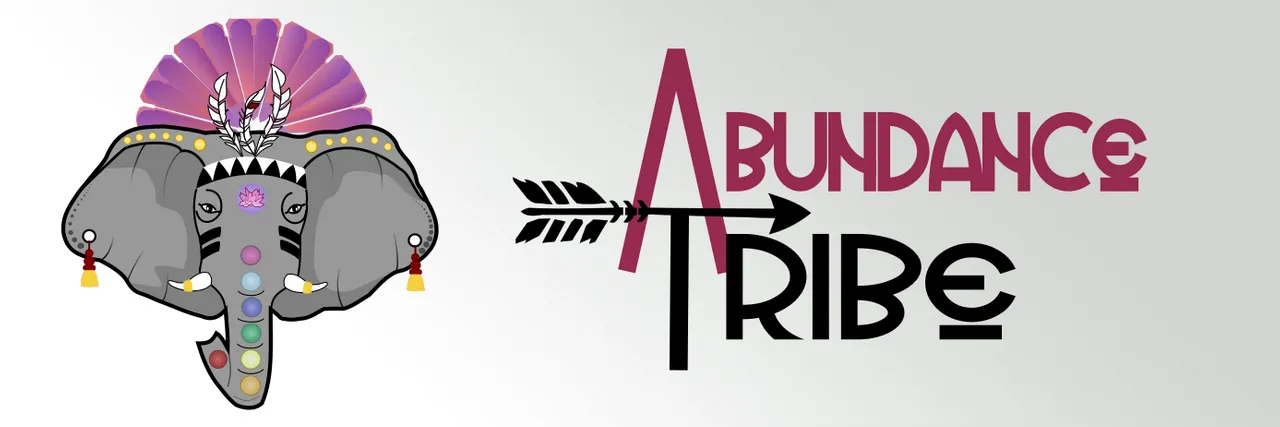Have you ever been in the depths of despair, depression or grief for someone to tell you 'this too, will pass?'. It has one of it's origins in a Persian fable and has a beautiful sentiment. A king wanted a ring that would make him happy when he was sad. The now famous saying was etched onto the ring.
Whilst it does provide a temporary balm, for those that have experienced it, depression or grief can be extraordinary painful. It sits on your heart like a winged thing with talons, paralysing and agonising. This will pass does not always provide relief. It's at this point we reach for anything to dull the pain - wine, valium, anything that will dull the sharpness. Because this too, shall pass is an idea, a concept - a beautiful one, yes, but a tool for pain? Not so much. Many know that it will pass, but the issue is often when, or how. 'Give it time', they say. 'Time heals all wounds'. But it doesn't. Not really. The time that passes needs to be full of action on our part to bring any real ease.
More useful I find is another Persian storyteller and mystic, the much loved Rumi. He said that every emotion, every feeling is like a guest in the house of the soul:
The Guest House
This being human is a guest house.
Every morning a new arrival.
A joy, a depression, a meanness,
some momentary awareness comes
As an unexpected visitor.
Welcome and entertain them all!
Even if they’re a crowd of sorrows,
who violently sweep your house
empty of its furniture,
still treat each guest honorably.
He may be clearing you out
for some new delight.
The dark thought, the shame, the malice,
meet them at the door laughing and invite them in.
Be grateful for whoever comes,
because each has been sent
as a guide from beyond.
— Jalaluddin Rumi, translation by Coleman Barks (The Essential Rumi)
How we welcome with open arms the guest that bring joy, and love, and happiness! How we are so happy to sit and break bread with the ones that are easy, and comfortable to sit with. It is not so easy to sit with the ones with talons and knives. Our first instinct is to slam the door, or to run from the room. But, wolf like, they knock and they knock. And once they're in, they tend to fill the guesthouse.
Yet, sit with them we must, tenderly and gently, respectfully listening - perhaps more so than any other guest that arrives in our fields of consciousness. If we don't, they enter anyway. You are sitting down to lunch one day and you realise they are by your side, reaching for the cup. They lie down in your bed. They wake you in the middle of the night, having filtered into your dreams and caused you to wake crying. The more we ignore them, the more loudly they show up.
This is what deep listening is all about.
Through meditative practices - whether seated, in flow, journalling or indeed washing dishes, we must breath gently, and listen to the messages that are gifted to us. They are the warning signs before the house burns down, the phonecalls to tell us to find the candles before the lights go out.
And even when the lights go out, and we are sitting in the darkness, we have to breath and welcome the pain. I feel you, we must say. I hear you. I understand. You are welcome. I love you. You are welcome. I love you. I love you.
Because if we resist, the harsh reality is that things get sharper and darker - and it will not pass.

William Blake wrote that those that bind themselves to joy destroys the 'winged life'. I have always read this to mean that if you get too attached to things that make you happy, happiness or joy loses all meaning. Perhaps this isn't what he meant, but this is how it resonates with me. )One can chase joy - temporary, fleeting, beautiful glimpses of joy - but it is only one creature in the forest. We can enjoy it when it lands on our shoulder, but we must also be prepared for when it flys away. Joy is not meant to be permanent. It is just a guest, like all the other emotions and feelings that are part of our lived experience. To attach ourselves to it, at the expense of recognising and acknowledging all other experiences, is always going to be to our detriment.
I acknowledge that 'this too, will pass', just as I try to acknowledge that the good things pass too (impermanence is one constant we can expect) but I choose other tools to shine a light in the darkness, of which there are many - real, concrete, actionable skills that help loosen the talons that grip the flesh of my heart.
And then, only then, will this pass.
With Love,
Are you on HIVE yet? Earn for writing! Referral link for FREE account here

PeakD - The Best Way to Experience The Hive Blockchain

 Join The Best Natural Health Community on Hive
Join The Best Natural Health Community on Hive

